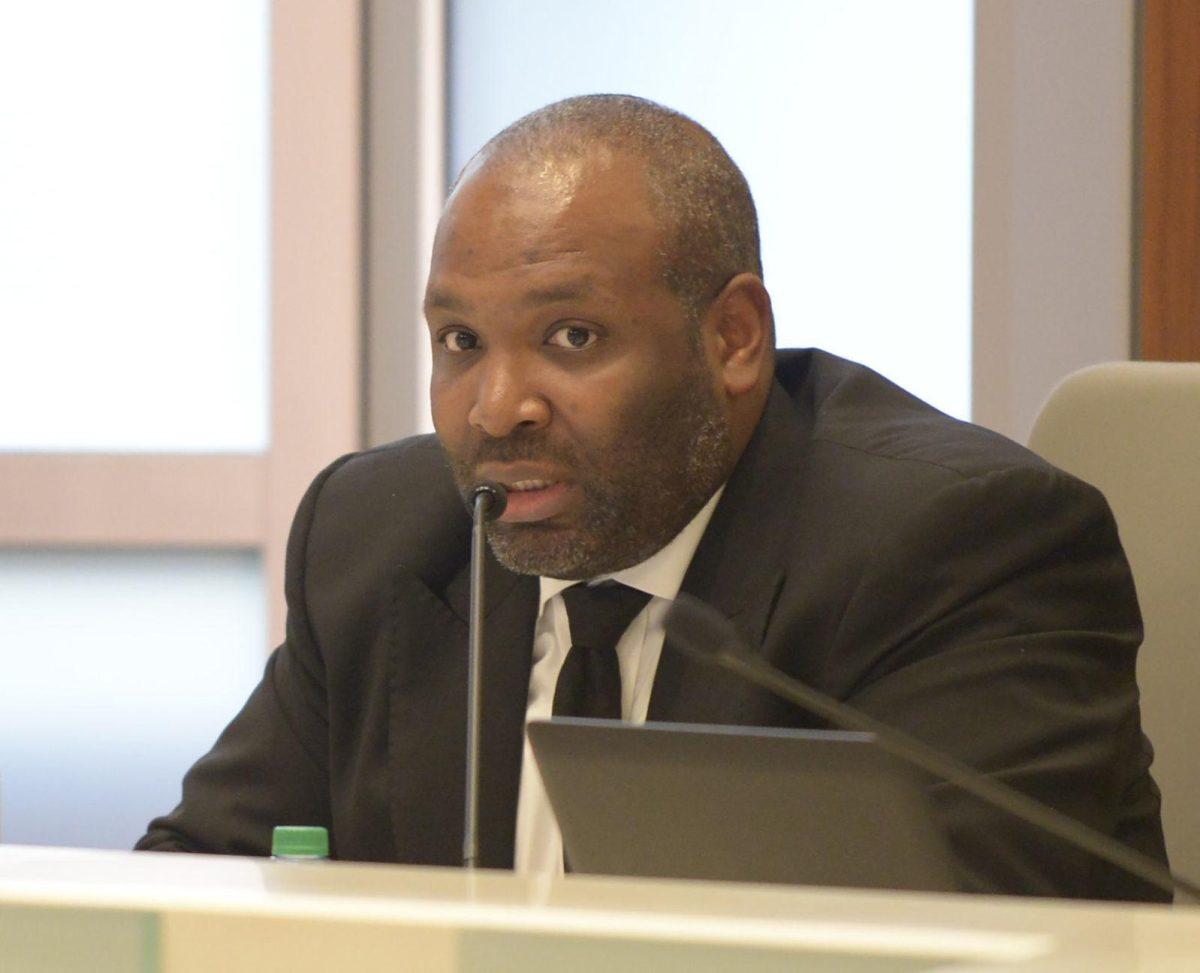The Baton Rouge Metro Council on Wednesday rejected a proposal to allow bars and restaurants to serve alcohol until 4 a.m. amid concerns that stretching out drinking hours would lead to more drunk driving wrecks and other problems.
Councilman LaMont Cole had suggested that the parish allow establishments to apply for an after-hours permit to allow sales between 2 a.m. and 4 a.m. Under his proposal, the permit would cost $750 annually.
Though the measure ultimately fell to defeat, supporters said the parish needs to continue to have conversations about forming an entertainment district in Baton Rouge.
Opponents worried that with more time to drink, revelers would be at a greater risk for drunken driving wrecks and expressed concern for residents who live near nightlife venues, especially in the downtown area.
“My phone has been ringing off the hook this afternoon” with callers who were “vehemently upset” by the 4 a.m. proposal, said councilwoman Tara Wicker, who represents downtown. She said she doesn’t want a Bourbon Street in her district.
The Downtown Development District also received a number of calls from residents who opposed the 4 a.m. license, said director Davis Rhorer.
“There are other areas of the city beyond downtown,” Cole countered.
The councilman said he’s been approached by several bar owners who wanted the opportunity to stay open later. Cole said cities from New Orleans to Shreveport allow longer hours. Extending Baton Rouge’s nightlife would be a boon if the Metro Council could stop thinking like they live in the early 1900s, Cole said.
The councilman tried to push Wednesday’s vote back so he could rally supporters to speak in favor of the 4 a.m. license, but a majority of the council said they would never be swayed and rejected his proposal in a 7-4 vote.
A few bar owners like former metro councilman John Delgado came out to support Cole’s idea. In an interview, Delgado said the ordinance would be good for the economy, boost tourism and help put money into the pockets of young people who work as wait staff and bartenders.
“It’s a no-brainer,” he said.
However, Cole’s proposal faced pushback from city police. The department worried that longer drinking hours would put further strain on a force that’s already stretched thin. Between January and late May, officers responded to 521 calls at bars and clubs, usually to break up fights, said Sgt. Don Coppola Jr.
Council members like Wicker also said that if bar patrons are allowed to drink longer, they’re likely to become more intoxicated, making them a greater danger on the road.
Cole argued that forcing all the bars to empty at 2 a.m. dumps all the revelers on the road at the same time. A trickle of bar patrons could make the roads safer, he said.
Buddy Amoroso and Erika Green both supported the 4 a.m. license. When it became apparent the proposal was failing, they told their colleagues that Baton Rouge needs to figure out how to form and regulate an entertainment district. Other cities have successful nightlife neighborhoods that don’t look like Bourbon Street, Amoroso said.
Green suggested Baton Rouge look at how other college towns handle nightlife districts. Amoroso said such a nightlife district could be in North Baton Rouge or even in the area he represents in the southeastern portion of the parish. What’s important is that the parish implement rules, like restricting vehicle traffic, requiring private security or controlling the types of venues that would be permitted, Amoroso said.
Wicker, Barbara Freiberg, Dwight Hudson, Chandler Loupe, Matt Watson, Trae Welch and Scott Wilson voted to delete the 4 a.m. license proposal from the council’s agenda. Amoroso, Cole, Donna Collins-Lewis and Green voted against deleting it. Chauna Banks was absent for the vote.
Baton Rouge Metro Council rejects proposal to extend bar and restaurant alcohol sales to 4 a.m.
June 13, 2018
Council member Lamont Cole speaks on an ordinance that would soften marijuana penalties during a meeting of the metro council, Wednesday, February 28, 2018, at City Hall in Baton Rouge, La.





